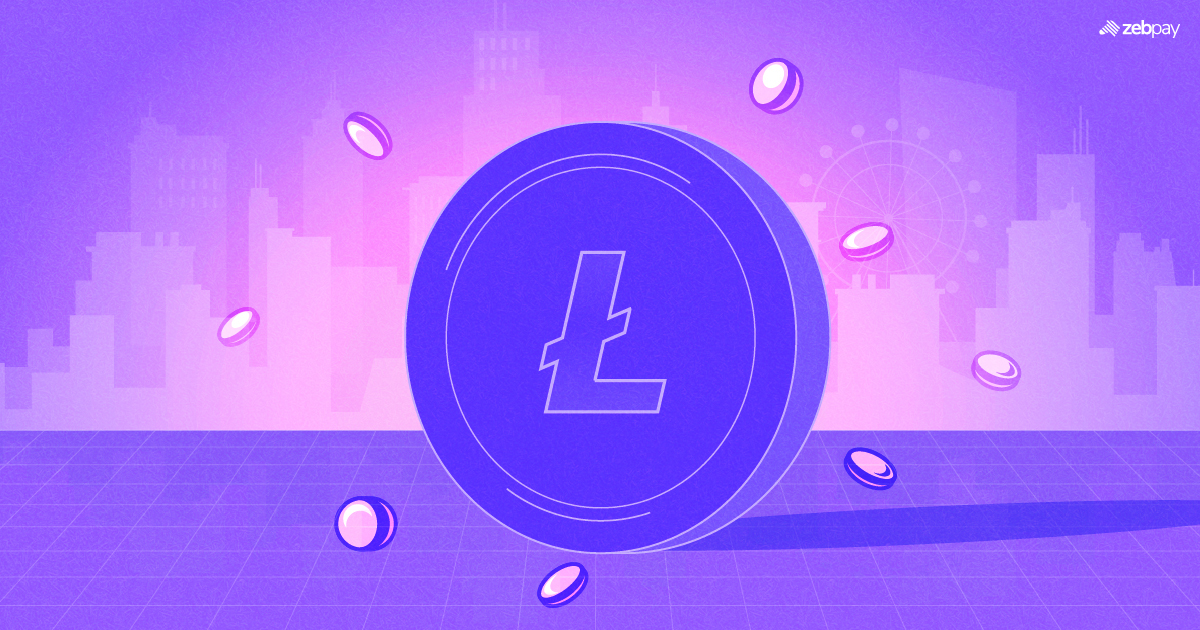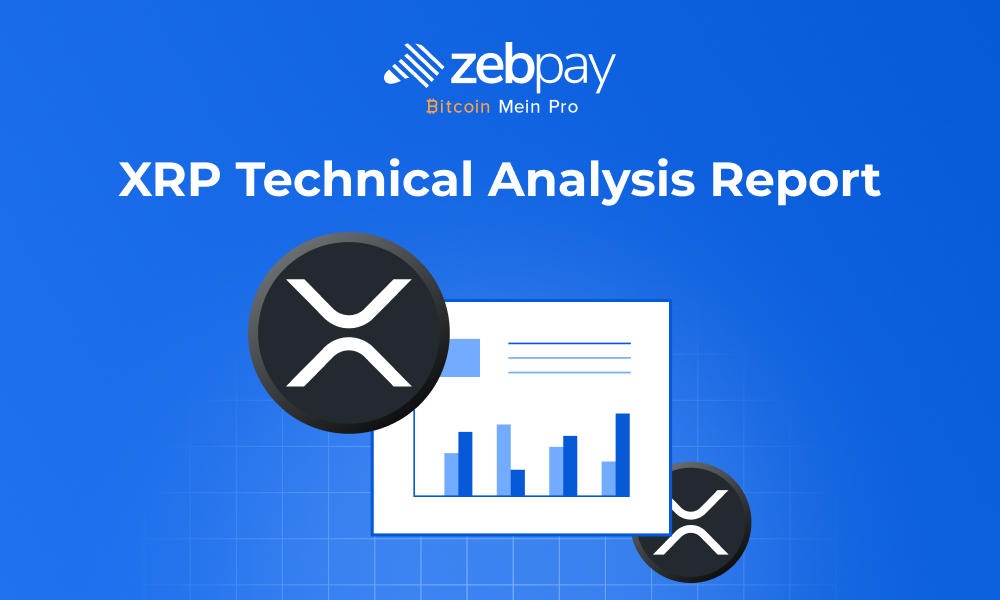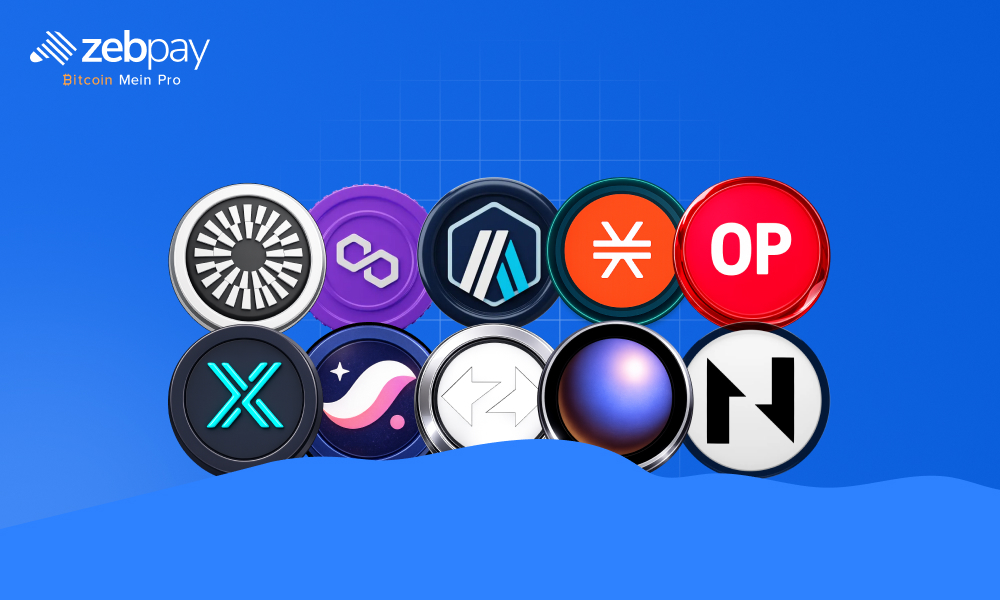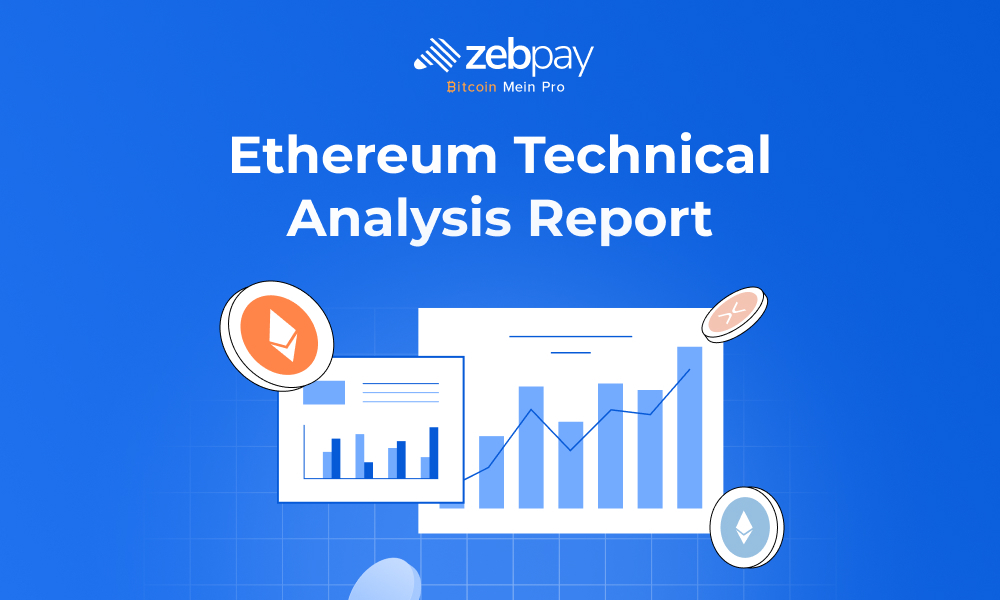Bitcoin has ascended to the top of the crypto asset market. Over the past few years, multiple large and retail investors have opened up to investing in Bitcoin. Despite all this Bitcoin has problems of its own. The block generation time on the Bitcoin network is very high and it has a limited supply which has appreciated its value a lot.
Due to these reasons, Bitcoin faces some issues with being a medium of exchange. As a result, Litecoin was designed to preserve and improve upon the greatest characteristics of Bitcoin. Let’s understand what it is and how it functions!
Litecoin (LTC) Explained
Litecoin is a crypto that was established via forking Bitcoin’s source code to enable four times faster block production and four times more supply. Therefore, it is nearly identical to Bitcoin with a few minor alterations in block time, token supply, hashing algorithm, and initial distribution.
Read About: Hard Fork And Soft Fork Explained
Many in the industry believe that Litecoin is the silver to Bitcoin’s gold. Not just that, it is sometimes used by developers as a pseudo-testing arena for Bitcoin. As a result, Litecoin absorbs new protocol updates before they are implemented on the Bitcoin network.
Litecoin was created by an ex-Google and Coinbase engineer named Charlie Lee. Charlie’s concept of faster block confirmations enhanced transaction throughput while decreasing the number of time merchants spend confirming blocks.
As a result, Litecoin implements 2.5 minutes for block generation as compared to 10 minutes in Bitcoin. Despite having quicker block times, throughput, and confirmation times than Bitcoin, it promises to grow through layer 2 solutions such as the lightning network.
How Does Litecoin Work?
Litecoin is a distributed and time-stamped ledger of transactions that are stored in 1MB data blocks on chains that can only be appended. The network has a collection of economics nodes and mining nodes. These nodes keep the blockchain going by validating, distributing, and competing for new blocks to record pending transactions.
First, economic nodes accept network members’ transactions and completely validate them in line with the consensus rules. The transactions are then submitted to the network’s mining pool (also known as mempool), where mining nodes confirm the highest to lowest fee order transactions by putting them in the next block.
Read more: Litecoin VS Ethereum
Furthermore, to allow mining with commodity hardware, Litecoin employs Scrypt, a memory-intensive hashing algorithm. Moreover, the Litecoin Foundation is responsible for the future development, finances, and stewardship of the Litecoin platform.
The LTC Token: A Snapshot
The LTC token is the native token of the Litecoin network. The LTC token holder can use it for peer-to-peer network transactions and payments on the platform. Moreover, the LTC token can also be used for value storage on the platform. A crucial difference between the BTC and the LTC coin is that BTC has a supply capped at 21 million, while LTC’s supply is capped at 84 million.
Additionally, LTC is four times faster than BTC when it comes to processing and confirming transactions. Token holders can also bet the LTC token and collect LTC payouts. We are certain that knowing what you know now about the LTC token has helped you answer the question, “Should I buy Litecoin?”
Read About: 10 Crypto Assets Other Than Bitcoin
Conclusion
Litecoin is a crypto asset that was developed after forking Bitcoin’s source code to make a blockchain faster block generation and a larger token supply. It is almost identical to Bitcoin apart from the four key differences: block time, token supply, hashing algorithm and initial distribution.
As such it is called the silver to Bitcoin’s gold. The LTC token is the native token of Litecoin. It may be used to pay for platform payments as well as peer-to-peer transactions. Additionally, token holders can stake LTC tokens and earn rewards. You can now buy the LTC token on ZebPay India!











